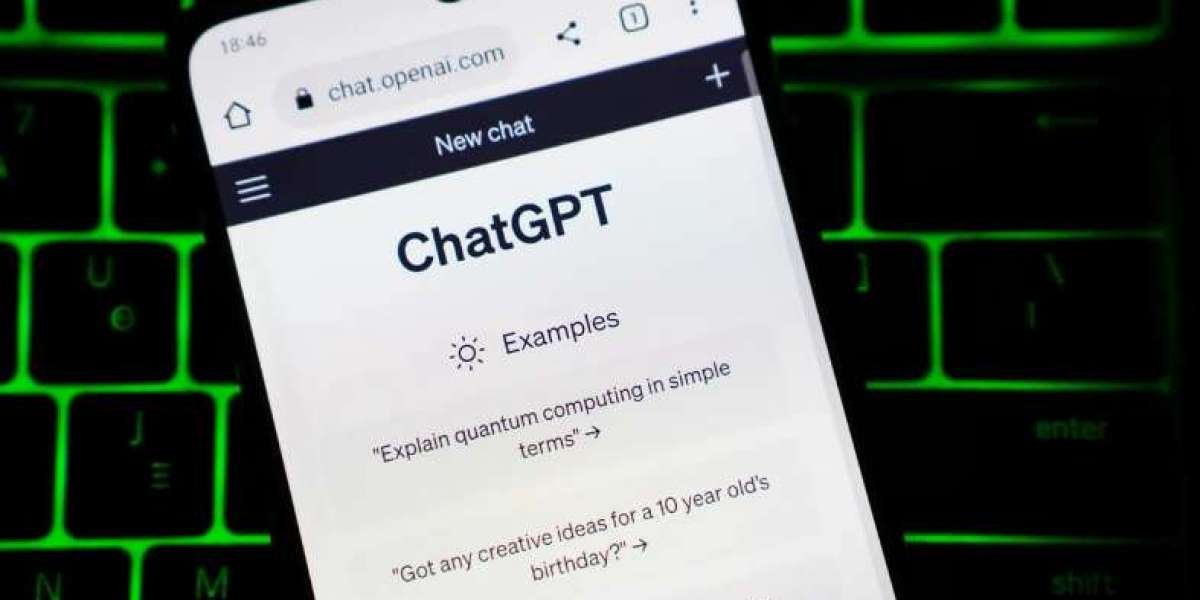Will technology professionals' employment become more complicated despite the potential for vast productivity gains from generative AI tools like ChatGPT and GitHub Copilot?
ALSO READ:125+ Top-Rated ChatGPT Prompts for Every Type of Workflow
People can now generate code on demand in a variety of languages, ranging from Java to Python, along with helpful suggestions. In a recent survey conducted by Sourcegraph, 95% of developers reported using Copilot, ChatGPT, and other next-generation AI tools in this manner.
However, auto-generation of new code addresses only a portion of the issue in organizations that already maintain unwieldy codebases and require high levels of cohesion, accountability, and security.
First of all, security and quality assurance duties associated with software jobs will not disappear anytime soon. "For programmers and software engineers, ChatGPT and other large language models facilitate the creation of code in almost any language," says Andy Thurai, analyst at Constellation Research, before discussing security concerns.
"However, most of the generated code is security-vulnerable and may not satisfy enterprise-grade code standards. "Thus, while AI can help accelerate coding, care must be taken to analyze the code, find vulnerabilities, and fix them, which would negate a portion of the productivity gains that AI vendors tout."
Next, we have code proliferation. Comparable to the introduction of generative AI in programming is the introduction of cloud computing, which initially appeared to facilitate the acquisition of applications but has since resulted in a tangled web of services that must be managed.
The relative simplicity with which AI can generate code will contribute to an ever-expanding codebase, or "Big Code" as referred to by the authors of the Sourcegraph survey. The majority of the 500 developers who participated in the survey are concerned about managing all this new code, code proliferation, and its contribution to technical debt. Even before the advent of generative AI, nearly eight in ten developers report that their codebase has grown fivefold in the last three years, and a similar proportion of developers struggle to comprehend code generated by others.
The productivity prospects for generative AI in programming are therefore varied. Thurai observes that AI is more likely to aid than hinder IT teams involved in the maintenance and support of software. "AI can also impact incident responders, site reliability engineers, and support personnel," he says.
ALSO READ:GPT 4: How to Use It? Chatgpt-4 Register, Login, GPT-4 Install App
"In their case, they can use AI to discover any precedent, how it was resolved, whether it can be automated so it doesn't happen again, and to assist with automating some of the mundane fixes to avoid constant alerting and wasting countless hours fixing things that are basic. It can assist customer service representatives in personalizing their service to individuals based on their requirements, the problems they encountered, and the resultant impact.
Faster delivery of code is also accompanied by higher expectations from the business for applications that are more easily adaptable to changing needs. "We are evolving toward a modeling-based approach and away from coding based on if-then-else rules," says Preeti Lobo, practice director for business integration and automation at Apps Associates.
"Today's applications must be more intuitive and designed with the specific user in mind, as opposed to providing a generic experience for all. This level of personalization is already made possible by generative AI, and in the future the majority of coding will be created by AI."
Nonetheless, humans are required at critical points in the loop to guarantee quality and business alignment. "Traditional developers will be relied upon to curate the training data that AI models use and will examine any discrepancies or anomalies," Lobo explains.
In addition, the rise of AI-assisted code development necessitates that technology managers and professionals assume expanded duties within the business sector. "IT professionals can expect to don a variety of new hats," says Lobo.
This expansion of responsibility includes positions such as "ethical AI trainer, machine language engineer, data scientist, AI strategist and consultant, and quality assurance," she explains. Moreover, technology professionals will need to "create AI strategic roadmaps and identify anomalies in data structures and outcomes."
In addition, natural language processing (NLP) is at the forefront of generative AI, according to Lobo. "Professionals should strive to master programming languages such as Python, Java, and C++, as well as libraries and frameworks like NumPy, Keras, TensorFlow, Matplotlib, and Seaborn," she says.
"However, they should also focus on developing their analytical, problem-solving, and critical-thinking skills in addition to their linguistics knowledge. These skills are invaluable in the field of natural language processing (NLP), a prerequisite for AI employment.
Coaching and assisting more individuals in the development and deployment of their own applications is an additional function that technology professionals are assuming. Thurai explains, "Historically, the art of the possible was constrained by technical constraints and IT department limitations."
ALSO READ:ChatGPT stores your data?
Now, there are no restrictions. "Anyone can devise a method to improve the top or bottom line of any business, which can be implemented using AI to improve the business as they envisioned at a faster rate."




Alphonsus Odumu 1 w
Good to know